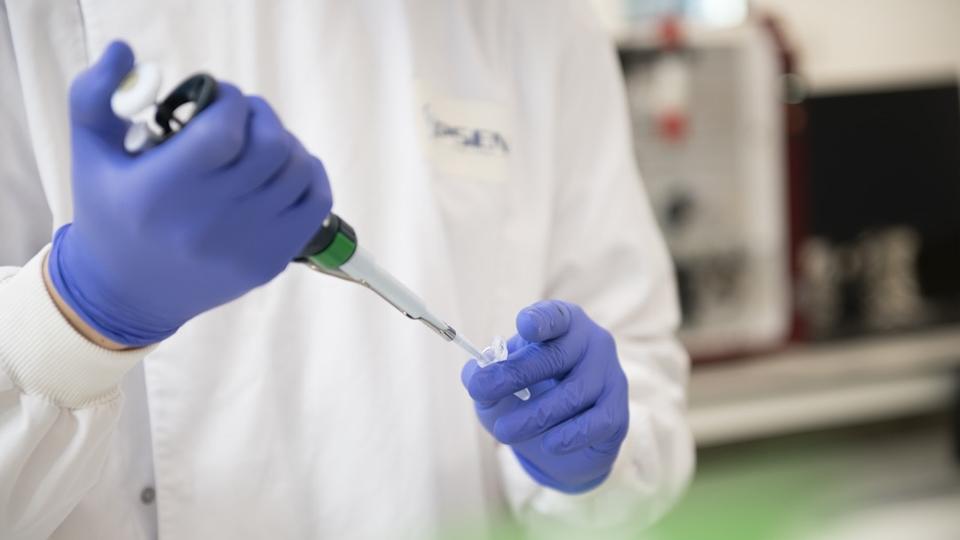Ipsen crosses EU finish line with Alagille syndrome drug

After various twists and turns in the regulator path, Ipsen has secured EU approval for Kayfanda, its treatment for severe itching (pruritus) in patients with the rare liver disease Alagille syndrome (ALGS).
Kayfanda (odevixibat) is labelled in the EU to treat cholestatic pruritus – itching caused by impaired bile formation or flow – in children aged six months and over with ALGS, a disease caused by a genetic mutation that leads to liver damage and jaundice.
Odevixibat has been approved in the EU for another rare liver disease, progressive familial intrahepatic cholestasis (PFIC), under the Bylvay brand name since 2021, and generated €57 million ($63 million) in sales in the first half of this year.
The once-daily, non-systemic ileal bile acid transport (IBAT) inhibitor was first recommended for EU approval last year as Bylvay, but that came without the orphan status that can often be the key to unlocking reimbursement decisions in EU member states and also provides 10 years of marketing exclusivity after approval, so Ipsen refiled it under the new brand name.
It is already approved for both PFIC and ALGS in the US under the Bylvay name, and Ipsen is also testing the drug for a third liver disease indication – biliary atresia – in a phase 3 trial (BOLD) due to read out in 2026.
Previous estimates have suggested that the drug could make sales over $1 billion if it gets approval across all three indications. Ipsen acquired rights to odevixibat when it bought Albireo last year in a $42-per-share deal worth around $950 million.
The ALGS approval is based on the results of the ASSERT trial, which showed a statistically significant reduction in itching scores compared to placebo over six months and, according to Ipsen, is the only phase 3 study completed in the disease to date.
"ALGS is a distressing condition, which often presents in the first few months of life," said Professor Henkjan Verkade of the University of Groningen, Beatrix Children's Hospital and University Medical Center Groningen in the Netherlands.
"One of the most common symptoms reported, as a result of the condition, is severe pruritus, with children scratching to the point of bleeding and the itch causing sleep disturbances for the child and their carers," he added. "To have a new treatment option that has been shown to reduce the itch and improve sleep is a very positive development for the ALGS community."
Iqirvo for primary biliary cholangitis
The new approval is the second for Ipsen's liver disease portfolio in a matter of days, coming after its Iqirvo (elafibranor) product was cleared by the European Commission as the first new treatment for primary biliary cholangitis (PBC) in nearly a decade.
The PPAR alpha/delta agonist can be used in combination with ursodeoxycholic acid (UDCA) in adults with an inadequate response to UDCA or as a monotherapy in patients unable to tolerate UDCA.
PBC is a chronic, autoimmune disease – mostly affecting women – in which bile ducts in the liver are gradually destroyed, leading to cirrhosis. Analysts have suggested that the market for drugs to treat UDCA-refractory PBC could be worth $1.5 billion or more per year.











